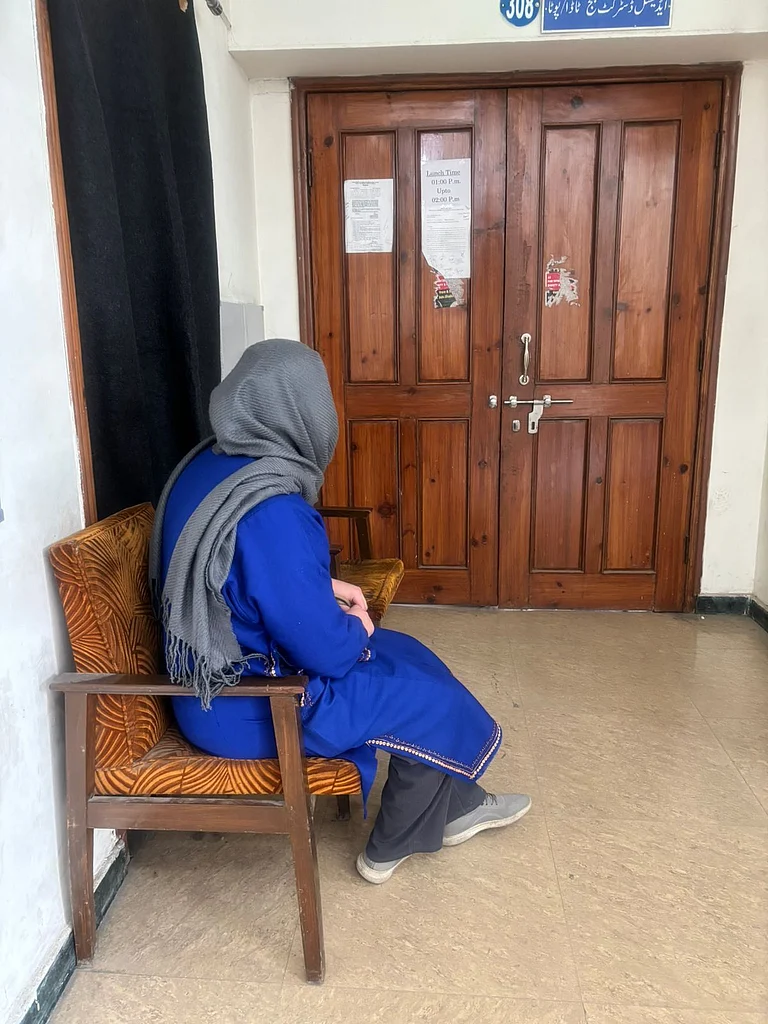Jake Lloyd, known for his role as Anakin Skywalker in "Episode I — The Phantom Menace," has been receiving treatment at a mental health facility for the past 10 months, according to his mother, Lisa Lloyd.
The revelation came to light in a recent interview with Scripps News, where Lisa Lloyd recounted the events leading to her son's hospitalization after a psychotic episode in March 2023. Jake was diagnosed with schizophrenia in 2008 and experienced a troubling incident while driving home, resulting in a traffic disruption and a subsequent 911 call.

Jake was admitted to a hospital and later transferred to a rehabilitation facility for treatment. Lisa expressed gratitude for Jake's progress during his time in treatment, noting improvements in his social interactions and overall well-being.
Lisa described the distressing moment when Jake abruptly turned off their car in the middle of traffic lanes, prompting concerned motorists to alert authorities. Despite Jake's interaction with the police, his communication was fragmented and nonsensical, indicative of his mental health struggles.

When it all did started?
Jake's mental health challenges began to surface during his high school years, worsening after he entered college. Despite being diagnosed with schizophrenia, he often resisted medication, exacerbating his condition. A significant turning point occurred in 2015 when Jake was involved in a high-profile car chase and subsequent arrest, leading to a 10-month jail term and subsequent psychiatric intervention.
Now, with consistent treatment and medication adherence, Lisa observed positive changes in Jake's behavior, likening it to his previous self. She also shared Jake's continued passion for "Star Wars," dispelling misconceptions that he harbored any negative feelings towards the franchise.

As Jake, now 35, continues his journey towards recovery, Lisa expressed her family's love and support for him, emphasizing their desire for his happiness and well-being. Through ongoing treatment and familial support, Jake's journey underscores the importance of mental health awareness and access to effective care.




























